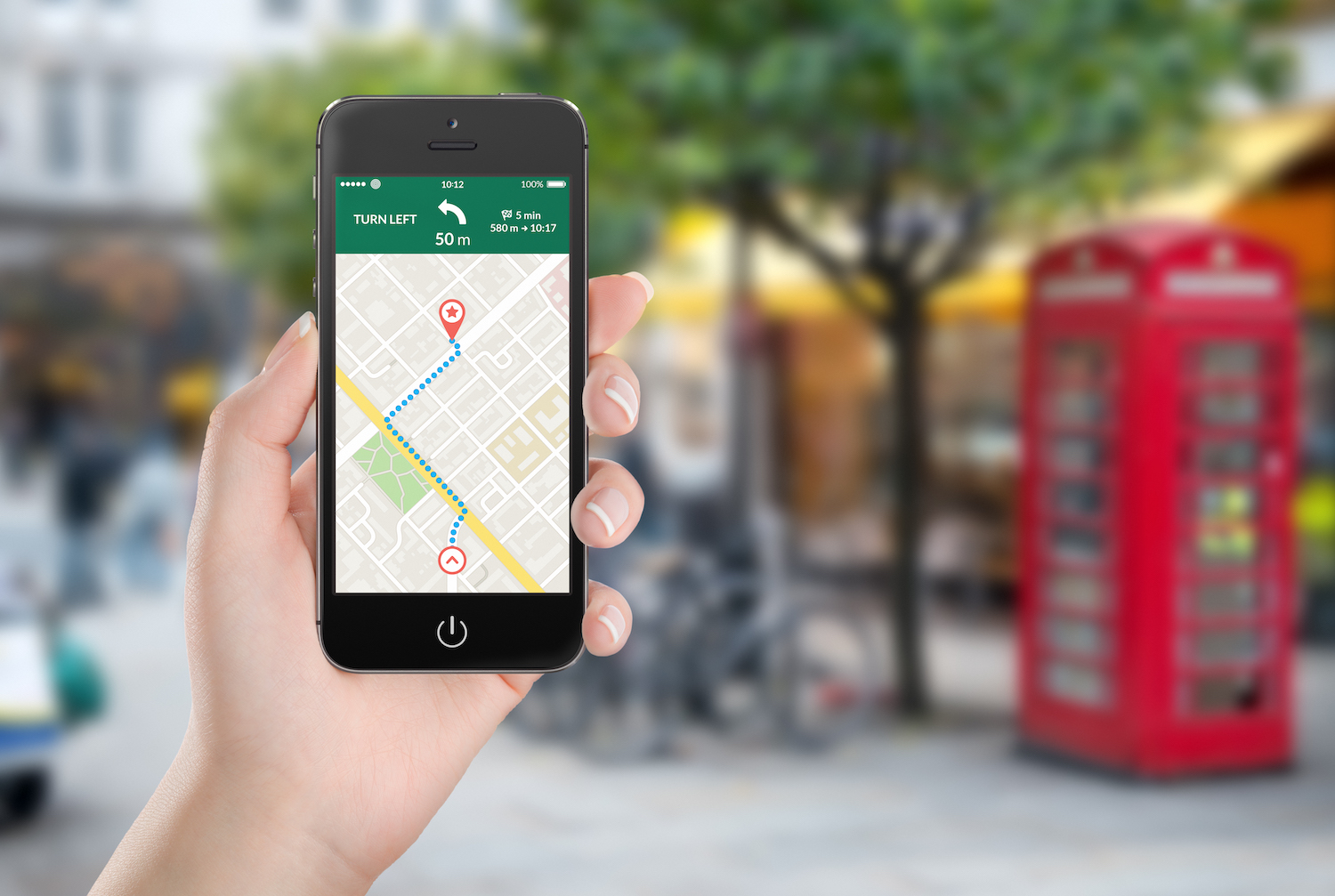Losing Our Way?

One of the benefits of owning a property in Andalucía is enjoying the astoundingly vast and beautiful natural surroundings. From the seaside to the mountains, one can choose from such a vast collection of different routes and paths that getting lost in nature every so often becomes part of normal life. Often we come across new wonders by accident, but are the days of such accidental discoveries over?
While our parents and grandparents used to tackle excursions with nothing more than a map and their intuition, we have become increasingly more dependent on new technologies to do something so simple as getting from A to B. The arrival of GPS drastically changed the way we navigate the world, both figuratively and literally. In fact, scientists are now arguing that the excessive use of GPS is actually modifying our brain structure, making our hippocampus, the special place in the brain dedicated to special orientation, much smaller. Consequently, we are losing our natural orientation skills. When we force our brain to calibrate, identify landmarks and find our path, it expands its network of neurons and promotes connections between them. However, when we look at our GPS and just follow directions on Google Maps, the brain does not need to form those connections, and thus it loses its ability to form them in the future.
Spatial orientation, an intrinsic human ability that has allowed us to evolve over the years, is now in serious danger. It is a vicious circle: the more we use GPS, the more we damage our sense of direction, and the more we need to use it.
But it is not only our spatial ability that can be affected by the modern habit of following GPS directions. Because the hippocampus is also responsible for storing our memories, not training it properly can also lead to memory loss and an impairment of our mental abilities later in life. The brain, just like any other muscle in the body, needs to be trained periodically, and Google Maps is the equivalent of taking an elevator instead of using the stairs: convenient but not too good for our overall health.
That said, there is an easy way out of this conundrum. Implementing simple tricks like taking a different route to work every day without looking at your phone, memorising the map whenever you go on a hike, or spending your holidays in a country house exploring it surroundings and just wandering off without your phone can prevent your brain from becoming stiff. These actions can help to stimulate new neuronal paths and brain plasticity, which are key to maintaining good cognitive health. Next time you decide to wander off and explore beautiful Andalucía, try to turn off your phone and go old style. You might be surprised by how rewarding it is to trust your instincts to guide you through your journey.


